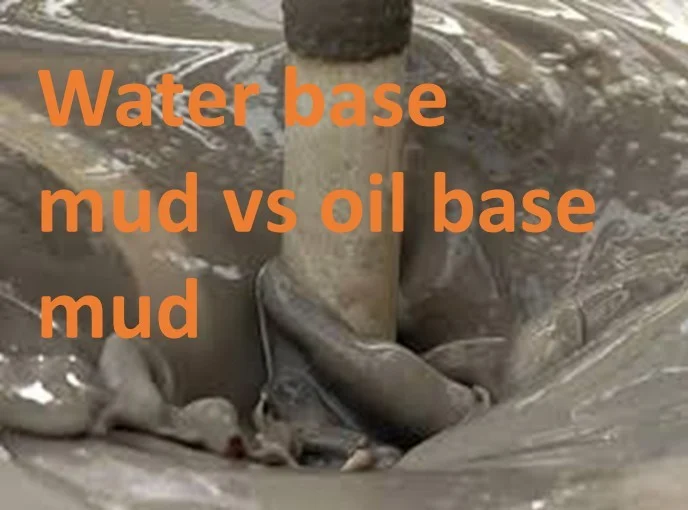Water Base Mud vs Oil Base Mud – What’s the Real Difference?
In every drilling project, choosing between water base mud vs oil base mud is a critical decision. Each option offers unique benefits. However, your success depends on understanding their differences clearly. At Basekim, we guide our customers through this comparison with easy solutions and strong support.
What Is Water Base Mud?
First of all, water base mud uses water as its main liquid. It may also include additives like bentonite or barite to improve performance. Many drilling companies prefer it due to lower cost, simpler waste handling, and eco-friendly nature. Since it breaks down easily, water_base_mud suits sensitive environments well.
At Basekim, we deliver top-quality materials for water_base_mud, with fast shipping and global supply.
What Is Oil Base Mud?
On the other hand, oil base mud uses diesel or synthetic oil. Because it performs better in deep or hot wells, many high-pressure operations use it. It resists water-sensitive formations, reduces swelling, and offers better lubrication. This is why in tough conditions, oil base_mud works more efficiently.
Basekim offers premium additives like Gilsonite, which seals formations and strengthens oil-based drilling fluids.
Water Base Mud vs Oil Base Mud – A Full Comparison
Let’s now break down the major points in the water base mud vs oil base mud debate.
1. Environmental Impact
Generally, water base mud causes less environmental harm. It breaks down faster, and disposal stays easier. In contrast, oil_base_mud requires more care during waste handling. This makes WBM a better fit for offshore or eco-sensitive projects.
Thus, companies often pick WBM when green rules apply. Basekim supports this choice with clean additives and clear MSDS documents.
2. Drilling Performance
Moreover, oil base mud gives better lubrication. It reduces torque and drag, which improves drill speed and tool life. Water base mud, although useful, may increase resistance during drilling.
Still, Basekim helps improve WBM performance with high-purity bentonite, CMC, and lignite products.
3. Formation Stability
Now consider wellbore stability. When formations react to water, they may swell and cause problems. In such cases, oil base_mud keeps the hole stable. But when formations stay neutral, water base mud works just fine.
So in the water_base_mud vs oil base mud choice, your formation type matters most. Basekim helps analyze samples and suggest the right blend for each case.
4. Cost and Logistics
Additionally, cost plays a big role. Water_base_mud costs less to prepare, store, and clean up. On the flip side, oil base_mud adds expenses through fluids, handling, and disposal.
Therefore, when budget is tight, companies often go with WBM. Basekim offers bulk solutions and shipping options that cut costs even more.
Which One Should You Use?
To decide between water base mud vs oil base mud, think about the full picture. If your formation is water-reactive or drilling goes deep, then oil_base_mud fits better. But if the zone allows water and you want lower costs, then water_base_mud does the job.
Fortunately, Basekim supports both mud types. We provide complete additive kits for WBM and OBM, with expert advice, packaging options, and rapid delivery.
Final Thoughts
In the end, the choice between water base mud vs oil base mud depends on geology, budget, and environmental needs. With Basekim’s help, you can select the right system and boost performance safely.

